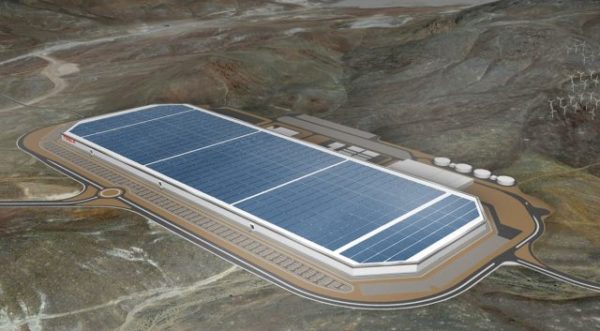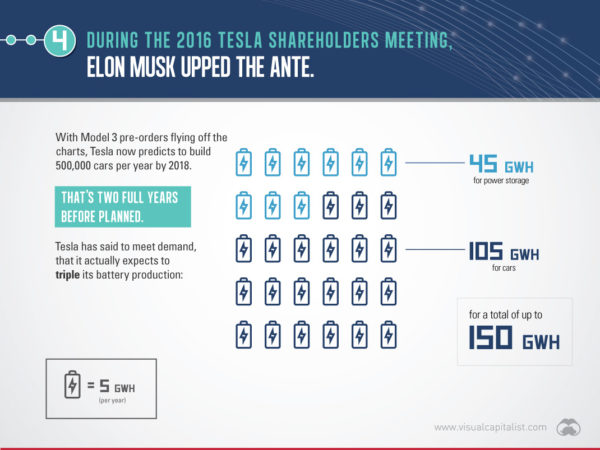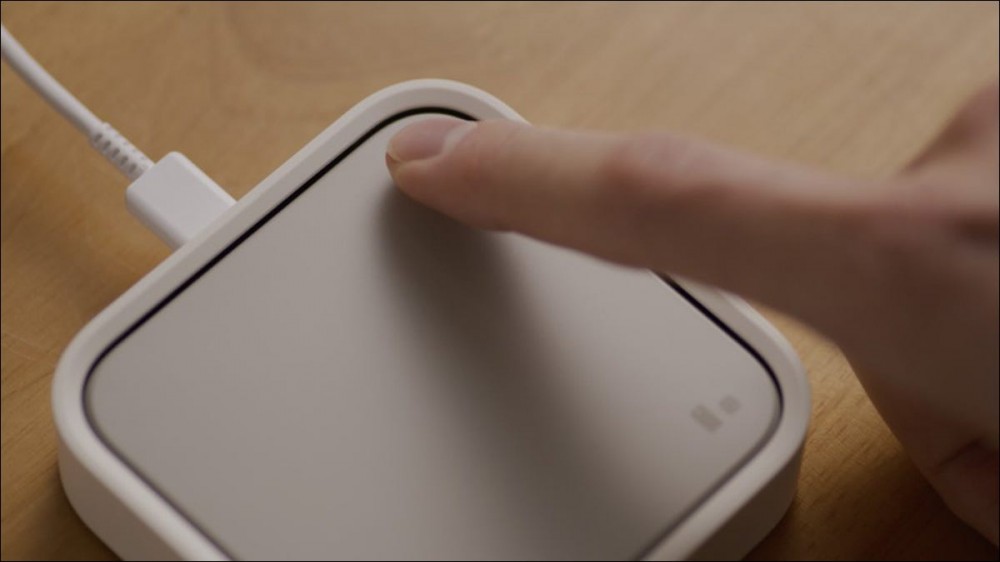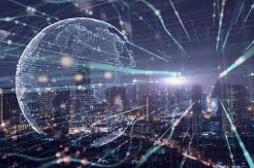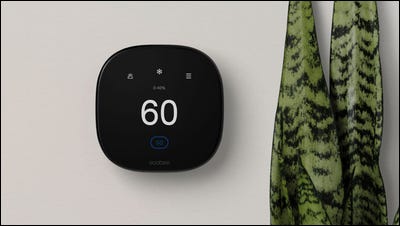Tesla’s Gigafactory officially began producing batteries early in 2017, but the company’s production ramp has been much slower than anticipated. That’s now causing problems in industries that rely on round, lithium-ion batteries. Tesla bought up all the equipment to produce said batteries for use in its own factory, but hasn’t yet ramped production high enough to sell them to other customers.
According to etnews (no affiliation), Panasonic has sold most of its battery capacity to Tesla, leaving other companies banging on Samsung SDI, LG Chemicals, and Murata’s respective doors. But ramping up complex tool production is neither a simple nor a quick process, and manufacturing facilities like to run as close to full production as possible, to spread the fixed costs of operating the facility across a wide range of products or a large number of sales. Panasonic jointly owns the Gigafactory with Tesla, and has apparently been providing many of the batteries going into Tesla’s electric vehicles.
“It is impossible to purchase cylindrical batteries within Japan and we were even notified by Panasonic that they are not going to sell cylindrical batteries anymore,” said a representative for a Japanese battery distributor. “It has come to a point where we cannot even purchase products from Samsung and LG and even products from Samsung and LG that were produced in China.”
As for the source of the problem, etnews points the finger squarely at Tesla’s Gigafactory, which “has not had normal operation for many months due to unstable supply of power and extreme shortage of manpower.” Other battery suppliers have apparently also confirmed they don’t expect the shortage to ease until the back half of 2018.
Is the Gigafactory in Trouble?
There’s some evidence to support the argument that the Gigafactory’s need for cylindrical batteries and its inability to produce them in sufficient volume is causing issues. In October, Panasonic’s CEO Kazuhiro Tsuga told reporters, “this process (for battery packs) will be soon automated, and then the number of vehicles to be produced will rise sharply.”
But the inescapable implication of that statement is that battery production wasn’tautomated before. We don’t know how soon “soon” is, or whether the company is now in mass production mode. But if many Japanese battery suppliers are feeling crunched, it doesn’t say great things about the state of the Gigafactory. At minimum, it looks as though the Gigafactory will take longer to ramp than initially expected, which could have an impact on availability for electric vehicles like the Model 3. Tesla may well solve its production issues and hit its targets with the Model 3 in 2018, but there’s no arguing its original predictions were grossly and inaccurately optimistic.



